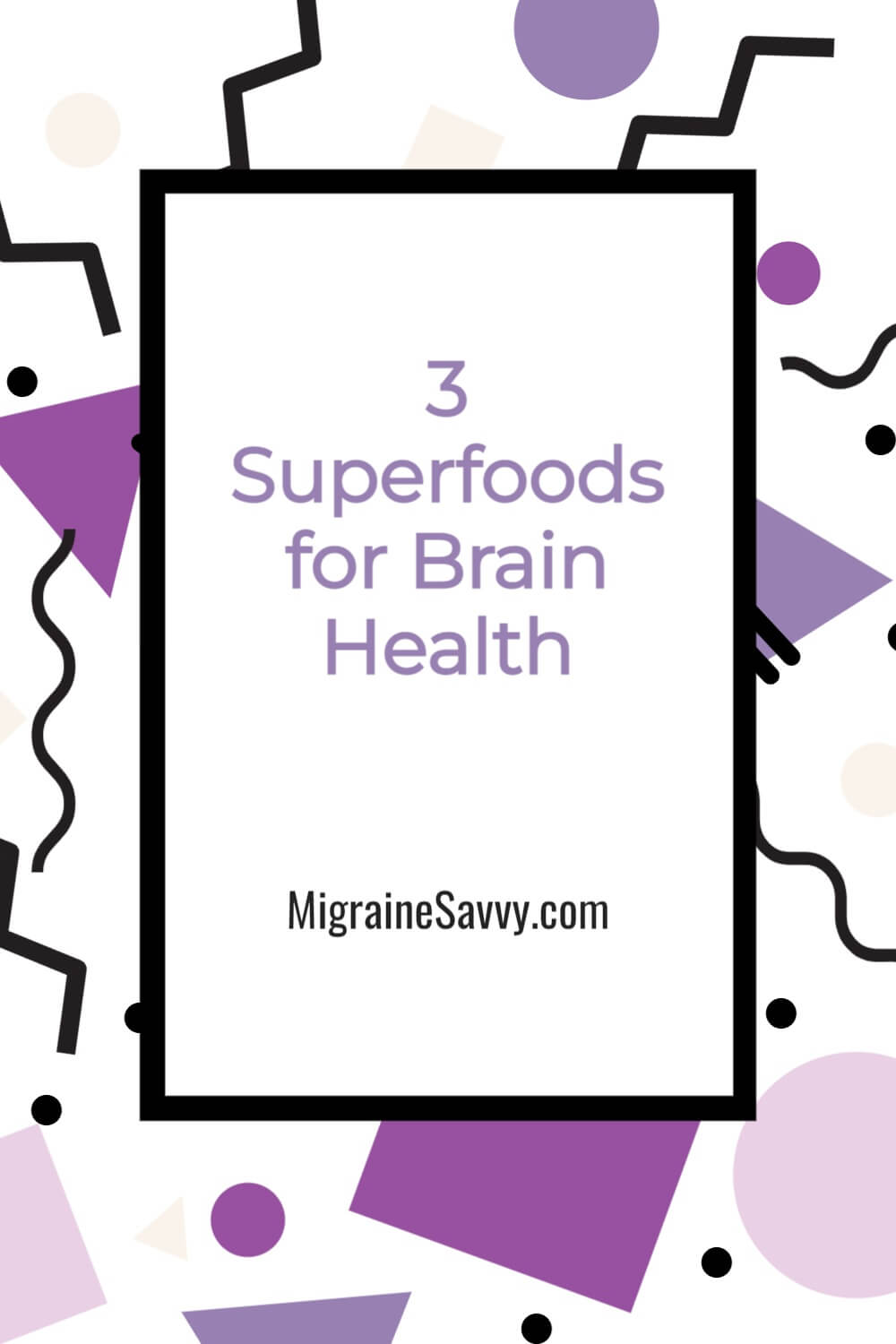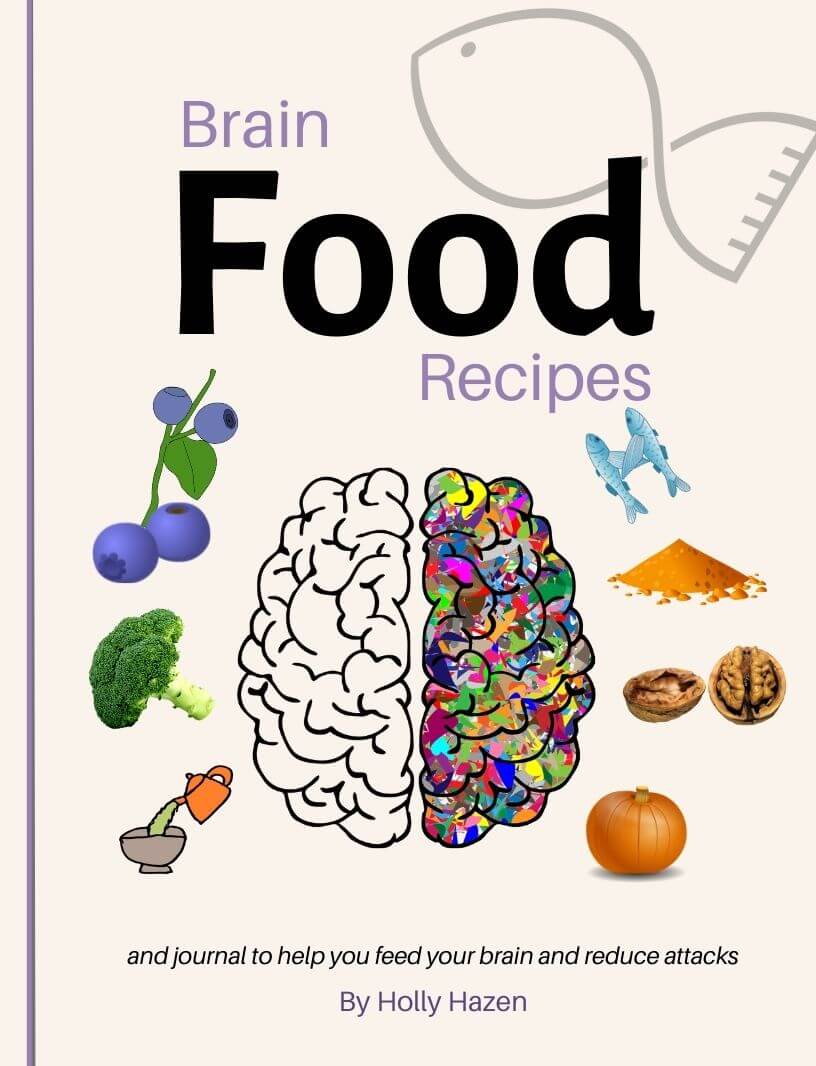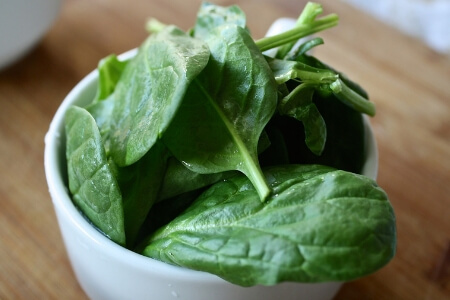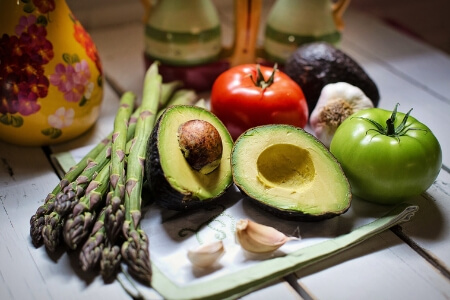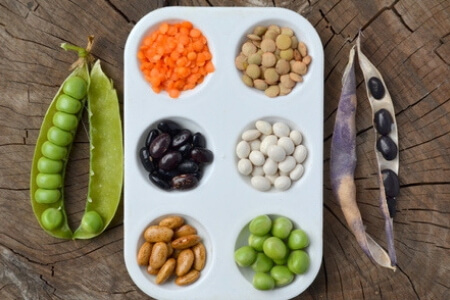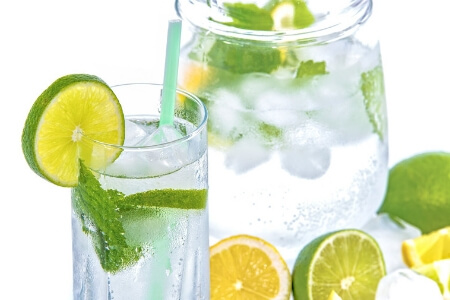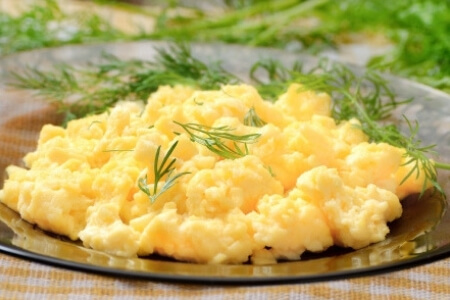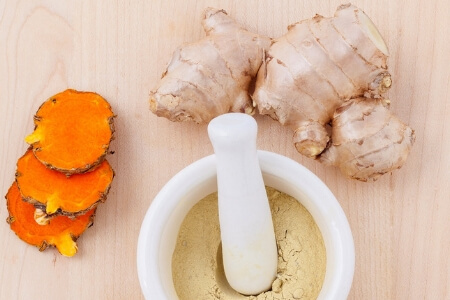- Home
- Food & Diets
- 3 Superfoods for Brain Health
3 Superfoods for Brain Health
Want to keep your brain healthy? The 3 superfoods for brain health below will help you feed your brain the right things to stay clear minded as you age and hopefully reduce attacks.
Your brain health can be improved. What you eat affects your brain and your whole body. Recent studies have shown specific ways that food helps the body heal... so you can influence the health of your brain by including the right foods.
Universities like the Deakin Food & Mood Clinic now have professionally trained courses in Nutritional Psychiatry showing a sound foundation for nutrition. They are doing research to develop solutions for mental health problems using dietary and nutritional strategies. You can now see an expert psychiatrist not just for psychological and cognitive health issues, cognitive function, or sleep disorders, but as a nutrition specialist.
Food has a profound impact on mental health conditions as well. Proper intake of essential nutrients in your diet can help treat and prevent anxiety, depression, migraine and a wide range of health issues. The fascinating science behind the studies explain better brain health and draws on cutting edge research to provide the many actionable nutritional approaches and benefits.
Know that blueberries can help!
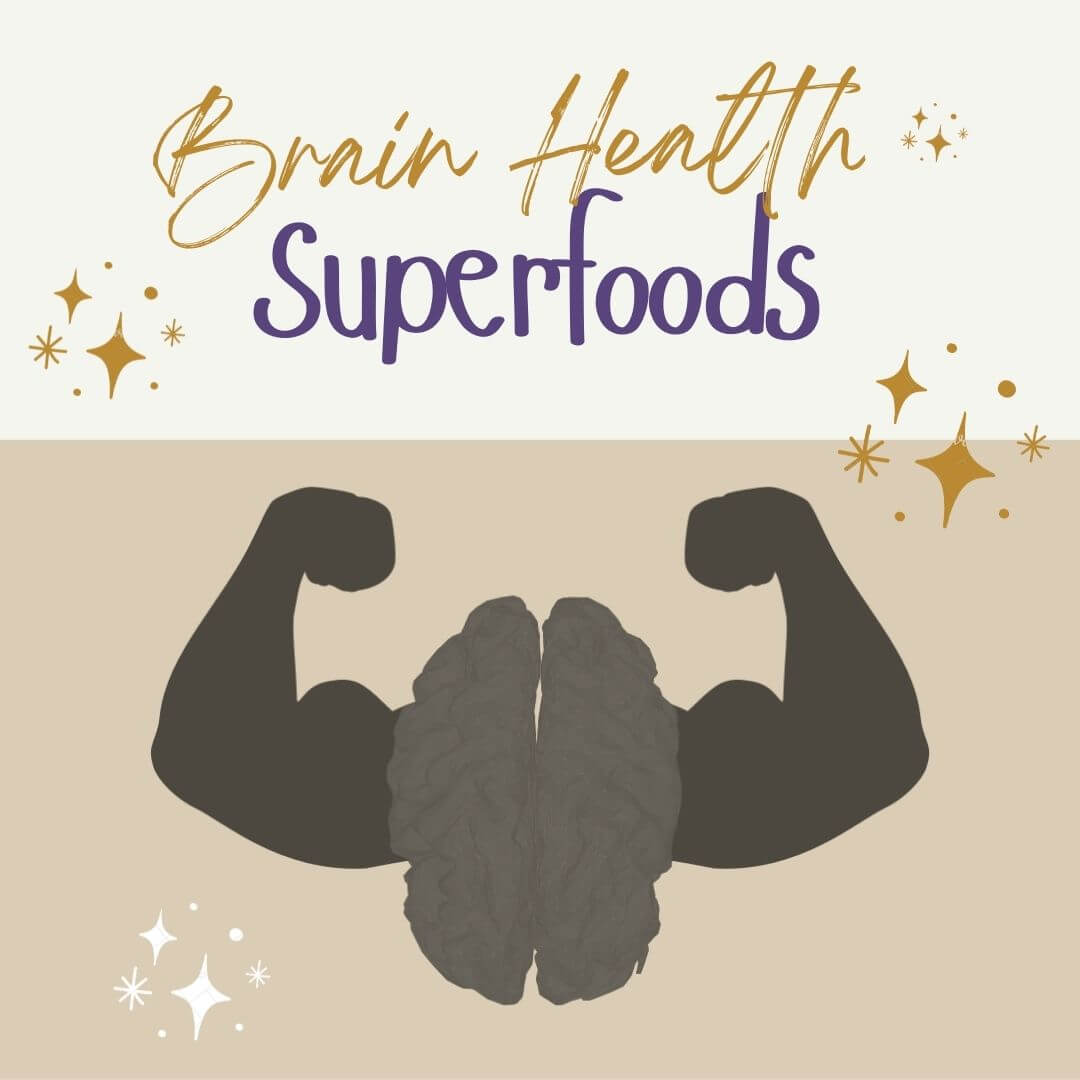 3 Superfoods For Brain Health @migrainesavvy
3 Superfoods For Brain Health @migrainesavvyThe TOP 3 Superfoods For Brain Health
The brain likes high-quality foods that contain lots of vitamins, minerals, and antioxidants. Foods that are nourishing and protective from oxidative stress. But our migraine brains might react to histamines, oxalates, tannins and so many other things. I'll touch briefly on that here but it really is a HUGE topic to cover.
1. Fatty Fish
Did you know that 60% of the brain is made up of fat? And half of that is comprised of omega 3 fatty acids. The brain uses omega 3 to build brain and nerve cells and these fats are essential for learning and development.
The best sources are:
- salmon, trout, herring, and sardines
Above I mentioned that as a person living with migraine, you may also have to be aware of high histamine foods… well sadly, the fish above are high in histamine. A great alternative is flaxseed oil.
It’s best if you can get fish that is fresh. Most ships do snap freeze the fish, perhaps you can ask if it has been frozen within 1 hour of catch, as fish increases in histamine rapidly. [1]
Migraine trigger warning... fish is high in histamine.
2. Blueberries
This luscious little powerhouse of nutrients contains anthocyanins, a plant compound with anti-inflammatory and antioxidant effects. Blueberries provide a number of health benefits, including some that are specifically for your brain. [2]
Antioxidants act against both oxidative stress and inflammation, conditions that can contribute to brain aging and neurodegenerative diseases. [2]
Some of the antioxidants in blueberries have been found to accumulate in the brain and help improve communication between brain cells… this is GOOD news! [2]
You can sprinkle them over your breakfast cereal, add them to a smoothie, or enjoy them as is for a simple snack.
Migraine trigger warning... blueberries could be too much carbohydrate for you :-(
3. Turmeric
Turmeric has generated a lot of buzz recently… you may have heard of the turmeric late?
This deep-yellow spice is a key ingredient in curry powder and has a number of benefits for the brain.
Curcumin, the active ingredient in turmeric, has both antioxidant and anti-inflammatory effects. It has been shown to cross the blood-brain barrier, meaning it can directly enter the brain and benefit the cells there. [2] Sounding good to your migraine brain yet?
It’s a potent antioxidant and anti-inflammatory compound that has been linked to the following brain benefits:
- Improves memory.
- Eases depression. Curcumin boosts serotonin and dopamine, both of which improve mood.
- Helps new brain cells grow. Curcumin boosts brain-derived neurotrophic factor, a type of growth hormone that helps brain cells grow. [2]

Ok... I can't stop at just 3 superfoods for brain health
There are more than 3 superfoods for brain health I want you to know about... it is important to add as many as possible to your diet. Just 3 superfoods for brain health is really not enough variety. We need a varied diet. As they say "eat a rainbow!"
4. Broccoli
Another powerful superfood. Broccoli is packed with antioxidants and is high in vitamin K. Vitamin K is essential for forming sphingolipids. A type of fat that’s densely packed into our brain cells. This has also been shown to help improve memory in older adults.
5. Pumpkin seeds
These little seeds have important nutrients for brain health. They are an excellent source of magnesium, iron, zinc, and copper. These are important for nerve signalling, learning, and memory. [1, 2]
6. Nuts
A few studies have been done that prove eating nuts regularly, over time, can improve memory. There are numerous nutrients in nuts, like healthy fats, antioxidants, and vitamin E, which may explain their beneficial effects on brain health. [1]
Vitamin E protects cells against free-radical damage to help slow mental decline. [1]
This should be in the top 3 superfoods for brain health. Walnuts win as the number one nut that is beneficial as they also provide anti-inflammatory omega-3 fatty acids. [1]
Here are a few more worth noting:
- Oranges and other foods that are high in vitamin C can help defend your brain against damage from free radicals.
- Eggs are a rich source of several B vitamins and choline, which are important for regulating mood and promoting proper brain function and development.
- Green tea, like coffee, has caffeine that boosts brain function. It contains L-theanine, an amino acid that can cross the blood-brain barrier (so important!). It increases the activity of the neurotransmitter GABA, which can help with anxiety. Decaffeinated green tea is often a better choice if you have histamine intolerance.
Migraine trigger warning... citrus is a common migraine trigger. Eggs are a highly allergic food. And caffeine... well, that could be our friend or foe.
What does all this mean?
As a person living with migraine, you have to be a little more careful. Any food, if you have reached your trigger threshold, your tolerance level, may be your tipping point and become a migraine trigger.
Science has proven now that what you eat has a big impact on your brain health. This is your brain food... literally!
There are several foods that can help keep your brain healthy. Some foods have antioxidants that help protect your brain from damage, like the fruits and vegetables in the list above (as well as tea and coffee).
Others foods, like nuts and eggs, contain nutrients that support memory and brain development.
By deliberately incorporating these foods into your diet, you can help support your brain health and boost your alertness, memory, and mood at the same time.
Eat everything in moderation, but with a sensitive migraine brain… maybe try the 80-20 rule. 80% of the time eat as healthily as you can, and 20% of the time relax about it all.
I actually prefer 95-5 where 5% of the time I relax. The extra percentage hopefully covers my unknown migraine triggers!
This Is Your Brain Food To Avoid
Ways in which food helps or harms has been debated for decades now. One example can be seen in the following foods: sugar versus natural honey or maple syrup. White processed sugar has been called white death! And of course, the threat with any food, especially sugar, is it could be your migraine trigger. Both sugar and high carbohydrate intake is a trigger for me.
It would be beneficial if you could avoid this list of foods that can negatively impact brain health:
- Alcohol, sugary drinks, refined carbohydrates, foods high in trans fats, highly processed foods, aspartame, and fish high in mercury. [1]
Check out my new cookbook on this very topic
FOOD & DIETS Related Articles
MIGRAINE SAFE RECIPES Related Articles
3 Superfoods for Brain Health References:
1. Healthline (2022). 11 Best Brain Foods. Available [online] at: https://www.healthline.com/nutrition/11-brain-foods
studies cited for use on 3 Superfoods for Brain Health:
- ASN Review (2020). Recent Research on the Health Benefits of Blueberries and Their Anthocyanins. Available [online] at: https://www.ncbi.nlm.nih.gov/pmc/articles/PMC7442370/
- NLM (2018) Blueberry Supplementation Influences the Gut Microbiota, Inflammation, and Insulin Resistance in High-Fat-Diet-Fed Rats. Available [online] at: https://pubmed.ncbi.nlm.nih.gov/29490092/
2. Happy Without Histamine (2022). Food Mood And Your Microbiome. Available [online] at: https://www.happywithouthistamine.com/food-mood-your-microbiome
studies cited for use on 3 Superfoods for Brain Health:
- JTM (2017) Influence of diet on the gut microbiome and implications for human health. Available [online] at: https://www.ncbi.nlm.nih.gov/pmc/articles/PMC5385025/
- Diet and depression: exploring the biological mechanisms of action. Available [online] at: https://pubmed.ncbi.nlm.nih.gov/33144709/
3. The Brain Foundation, Australia (2022) Brain Awareness Week. Available [online] at: https://brainfoundation.org.au/brain-awareness-week/
